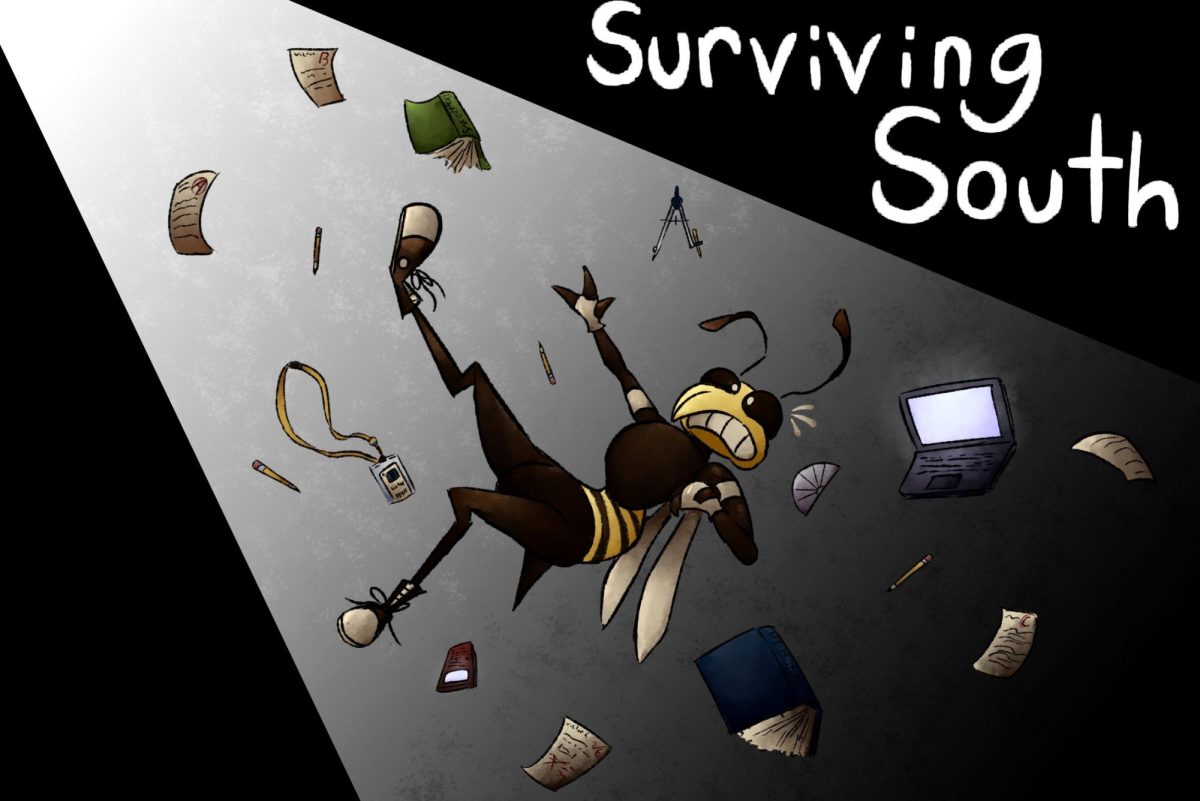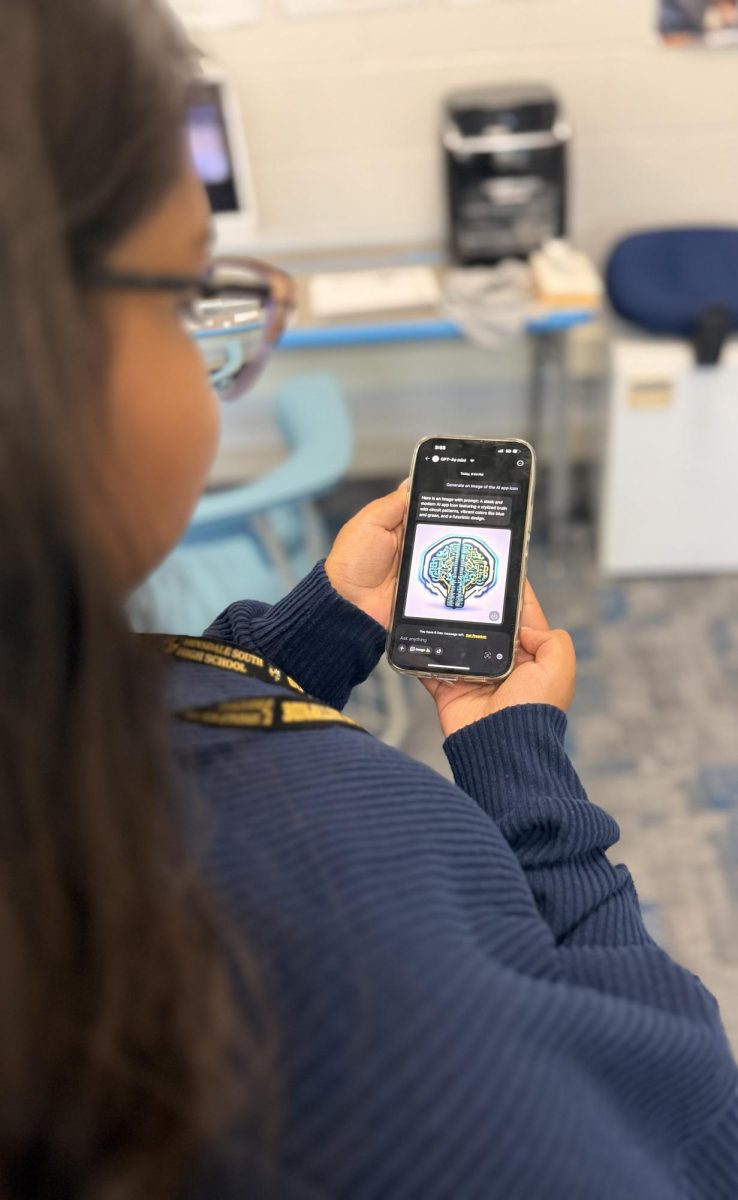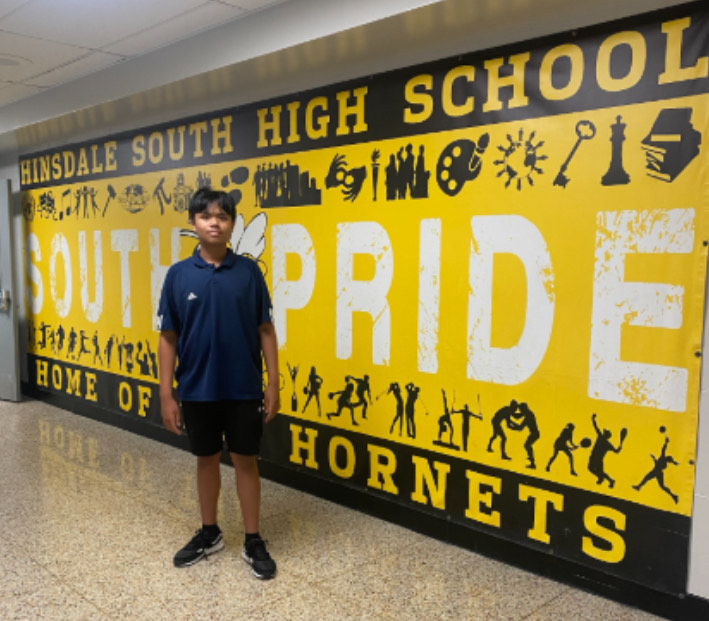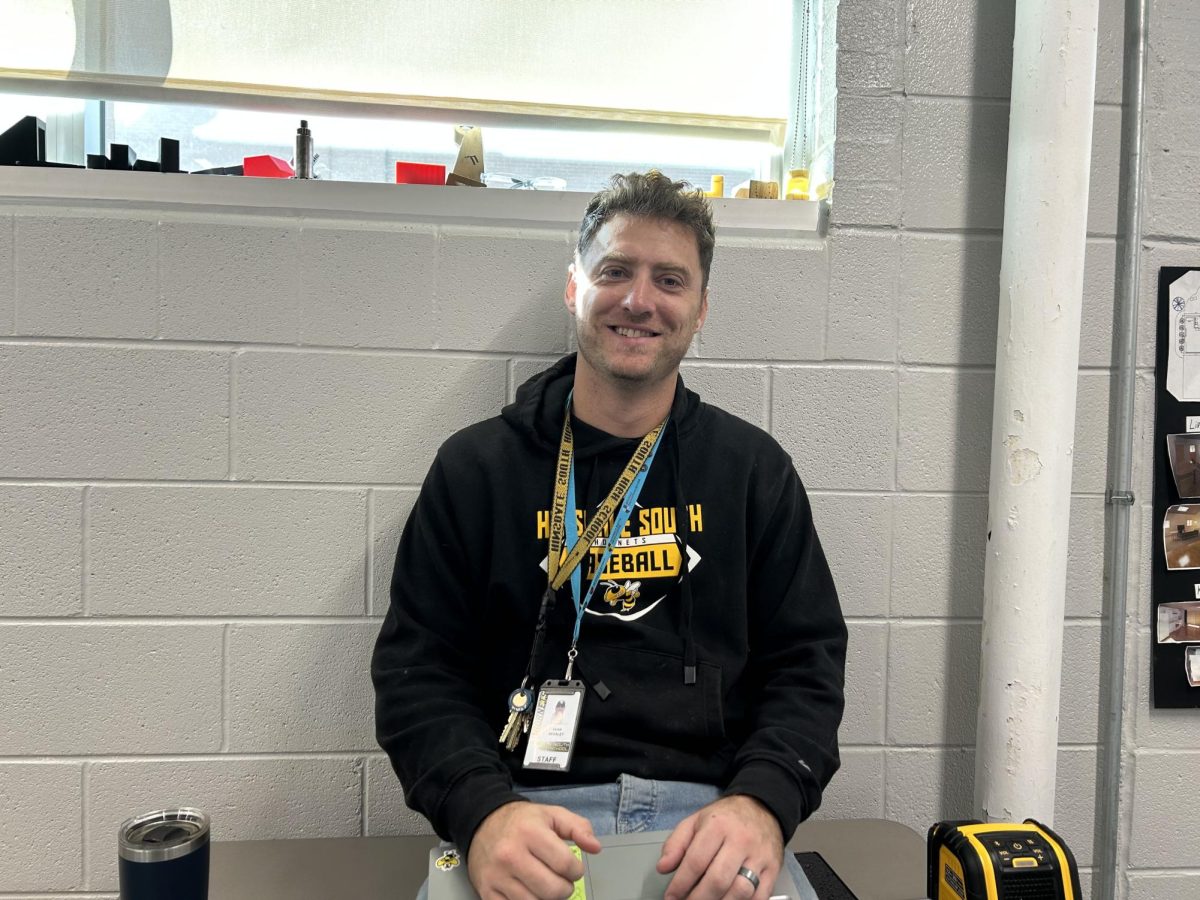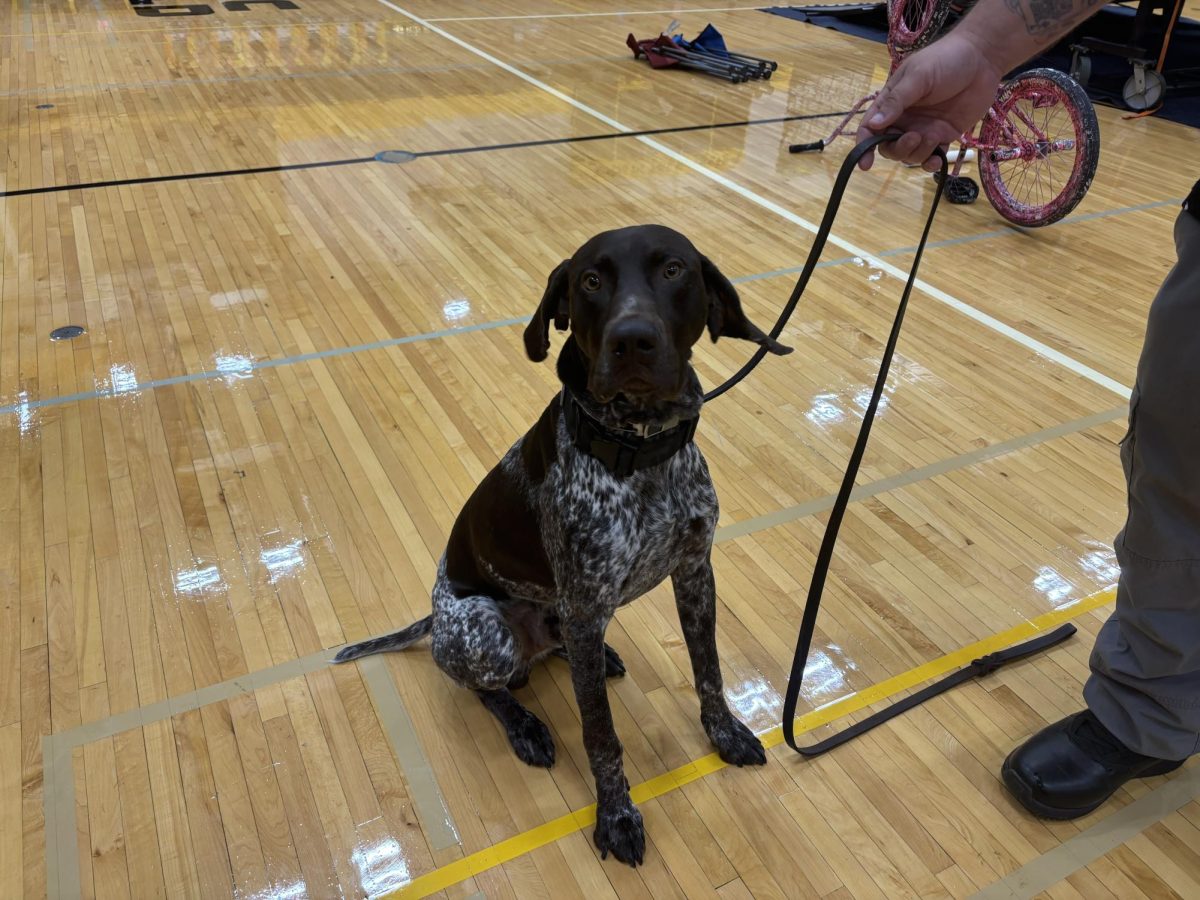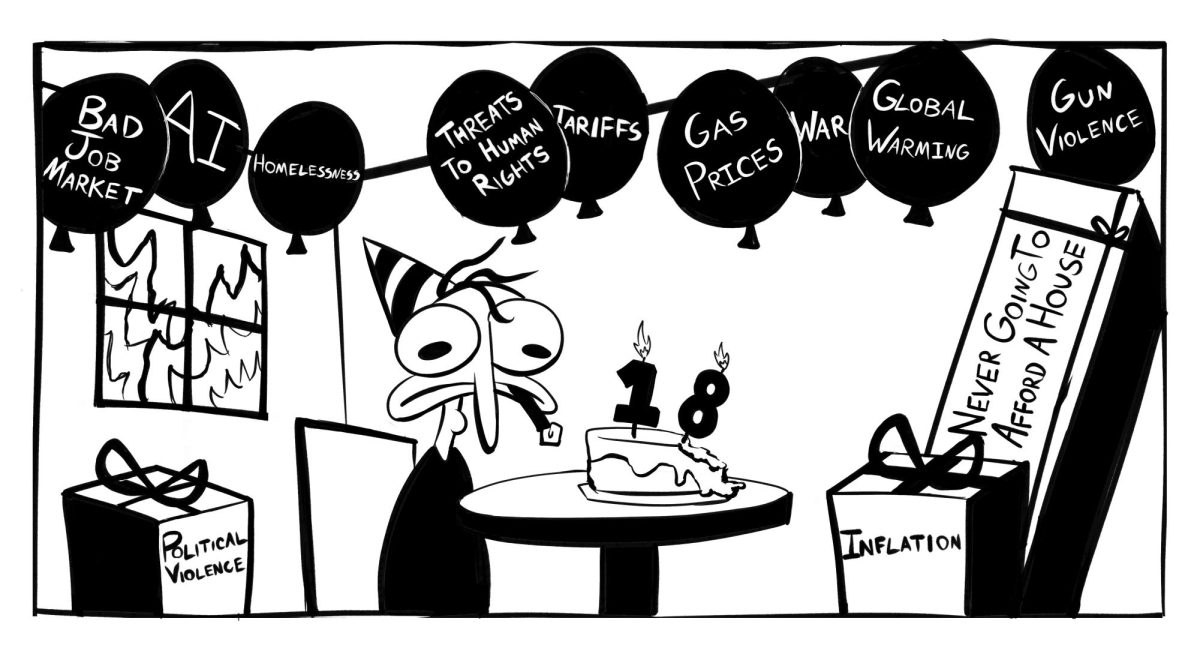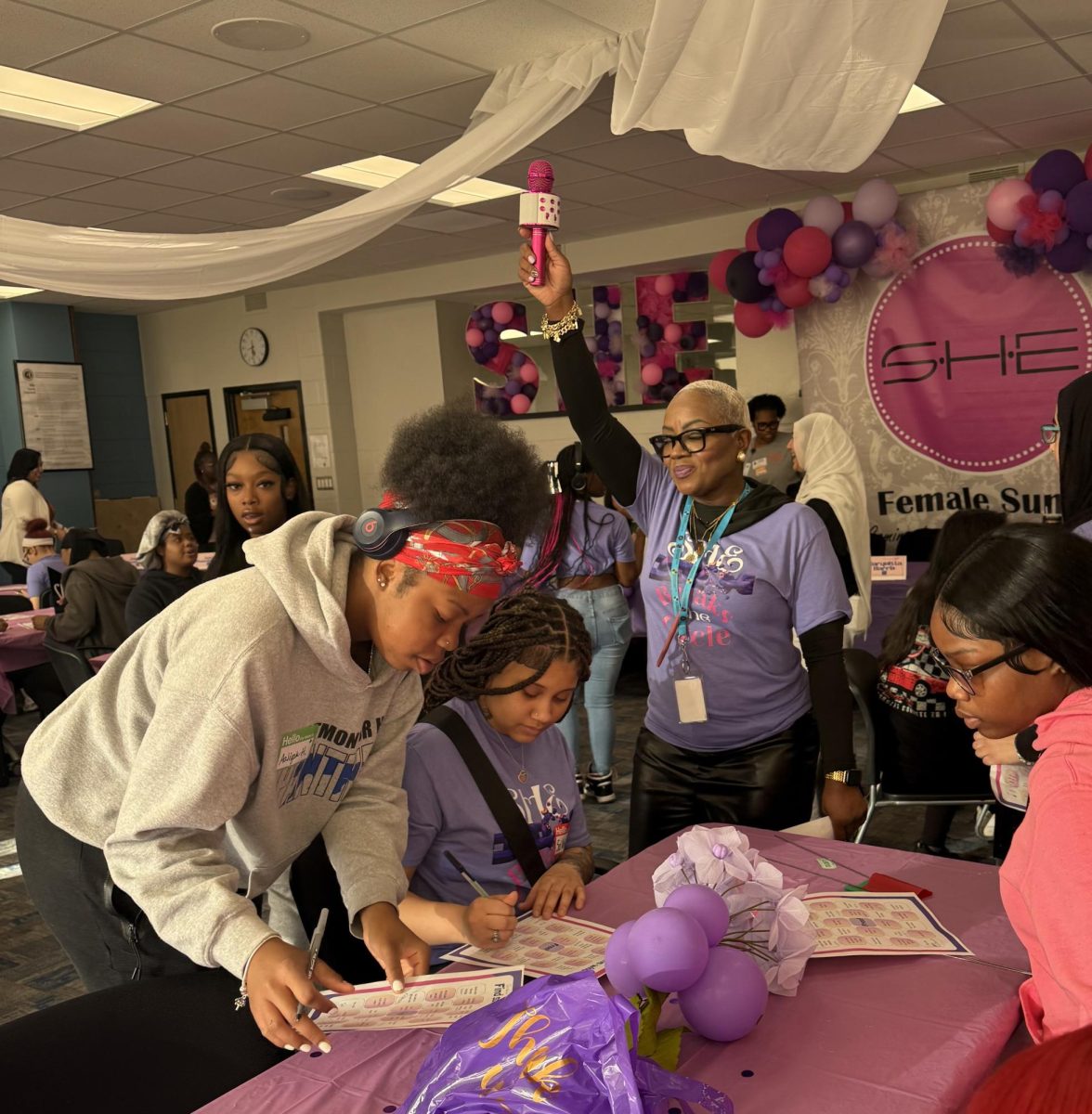If you’re one of the students at Hinsdale South that’s dedicating their high school years to the hopes of getting into a highly prestigious university, this is for you.
To start, here’s my extremely cut down version of what you’ll learn online, at a college visit, or at any seminar on this subject (because they literally all say the same thing).
- Take a lot of hard classes; get good grades in these hard classes.
- Do some extracurriculars; actually do meaningful things in these extracurriculars.
- Write good essays; show colleges the best of you that isn’t shown through grades or activities; this is usually related to qualities of your character, mindset, and beliefs.
Now if you really want to perfect your application, I’d recommend you dig deep into online resources dedicated to highly selective college applications, but the most significant advice I could share would be more on the intangible side of things.
The first thing you should know is that everything, and I truly mean everything about the whole process, is uncertain and random to some extent. There’s reasons for your acceptances and denials that are entirely out of your control. If you choose to do any research into crafting an “ideal” application, I can guarantee that at some point you’re going to think, “wow, this is some really vague advice that I don’t really understand,” and the reason for this is because it is absolutely impossible for anyone to give detailed advice to every applicant at the same time. Unless you want to pay hundreds for college application counseling (which I’m honestly very skeptical of) you’re going to have to be comfortable with the fact no application is ever perfect.
This next section of advice, funnily enough, is about the process of receiving advice itself. Quite oddly, this season of college applications is a time where everyone seems to feel qualified to share their opinions (this article could be used as an example of this very phenomenon…). One of the most important things is this: Denial stories mean nothing. Listen to them, feel bad, and realize that they have nothing to do with you whatsoever. You should also be skeptical of the advice you receive from peers, and I mean the ones that are going through the process at the same time as you. If you receive advice from someone who is attending the college you want to attend, by all means listen carefully; however, if your friend tells you your essay or some other part of your application is bad, and you think otherwise, don’t listen to them! Chances are, it might not work in their application, but it’s perfectly great in yours.
At the end of the day, if there’s any one piece of advice you should actually follow, it’s that whatever college you end up at, it’s what you make of it that matters.

